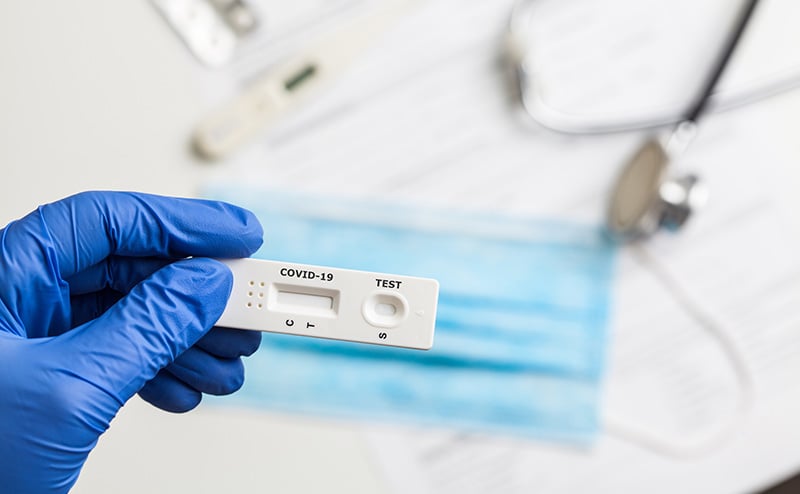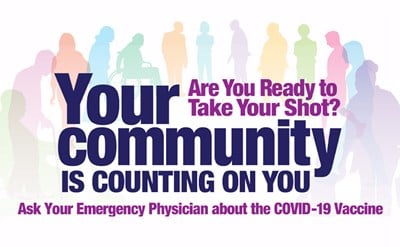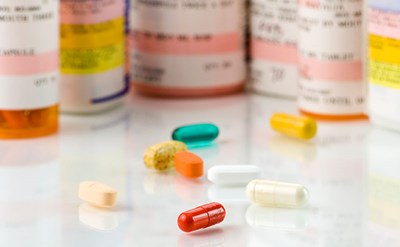As communities across the country continue fighting outbreaks of COVID-19, it's important to know when to treat a potential case of COVID-19 at home, and when to seek emergency care.
Getting vaccinated and wearing a mask are some of the best ways to avoid serious illness, but if you’re having a medical emergency, the emergency department is the best place to receive care.
Emergency departments are working hard to care for everyone, but if you just need a COVID test, it's better to go to another testing site or take one at home.
What should you do if you think you are sick with COVID-19?
Test and consider your symptoms.
Get tested if you’ve been in contact with someone who has COVID-19, or if you develop the following symptoms:
- Fever
- Coughing
- Shortness of breath or difficulty breathing
- Fatigue
- Muscle or body aches
- New loss of taste or smell
- Sore throat
- Congestion or runny nose
- Nausea or vomiting
- Diarrhea
If your symptoms are mild, and you are not at risk of severe illness, treat yourself as you would for a bad cold or flu and consider contacting your primary care physician to discuss your best options for care.
When to seek emergency care
Call 911 or go to the emergency department if your illness is severe and you are at higher risk, if you're older or have a weakened immune system.
If you believe you are experiencing a medical emergency or you experience any of the warning signs below, seek emergency medical care immediately.
- Trouble breathing
- Persistent pain or pressure in the chest
- New confusion
- Inability to wake or stay awake
- Bluish lips or face
 American College of Emergency Physicians
American College of Emergency Physicians







